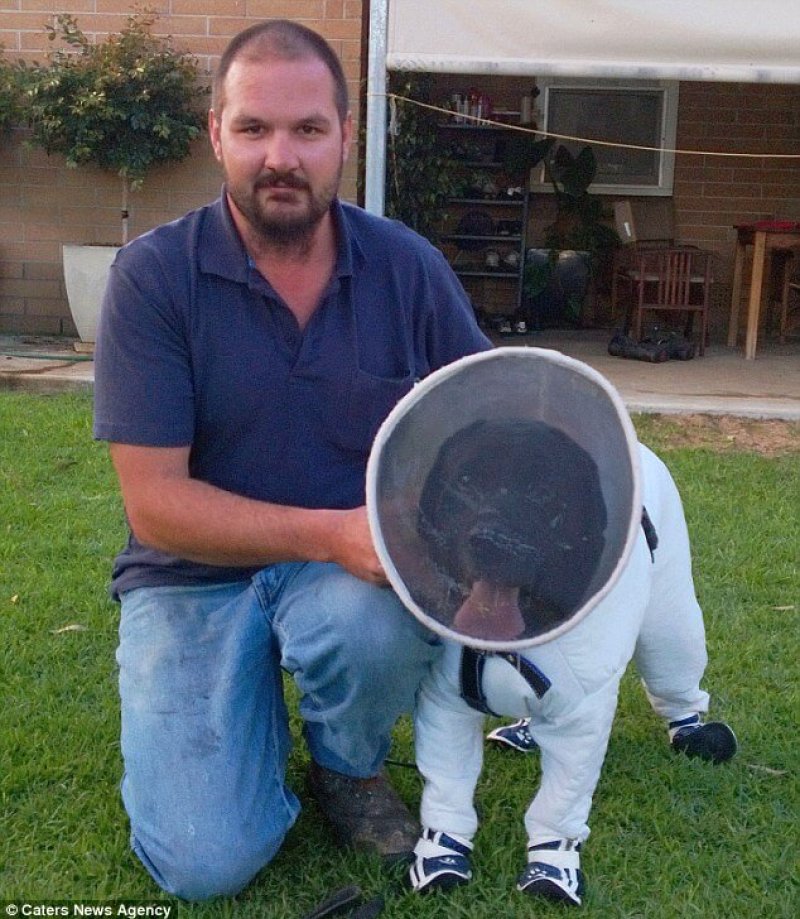A new approach in the fight against American foulbrood – a disease effecting beehives across the world – is the topic of a New Zealand-made film shortlisted in the International Jackson Hole Science Media Awards being held in Boston, USA, this week (26-28 September NZT).
University of Otago Master of Science Communication graduate Sarah Hight’s film, A Million Dollar Nose? examines the novel approach of using sniffer-dogs to detect American foulbrood in beehives. American foulbrood disease is caused by a bacterium which contaminates honey bee larvae and pupae, and is widely considered the most serious disease effecting bees in New Zealand. Contaminated hives and their tens of thousands of bees are often destroyed, costing the honey/beekeeping industry millions of dollars a year.
…
The film features a Canterbury beehive operation which employs …. a detector dog trainer who believes you can train a dog to detect anything. With sniffer-dogs unproven on a scientific level as a tool against American foulbrood, Ms Hight wanted to create discussion and draw attention to their use.
…
“My intention with A Million Dollar Nose? was to educate people about one of the many threats facing honeybees around the world. On a broader scale, I wanted to encourage people to be open minded towards creative and innovative agricultural tools ….” Ms Hight says.
Read full, original article: Young New Zealand film-maker bringing international attention to plight of bees































